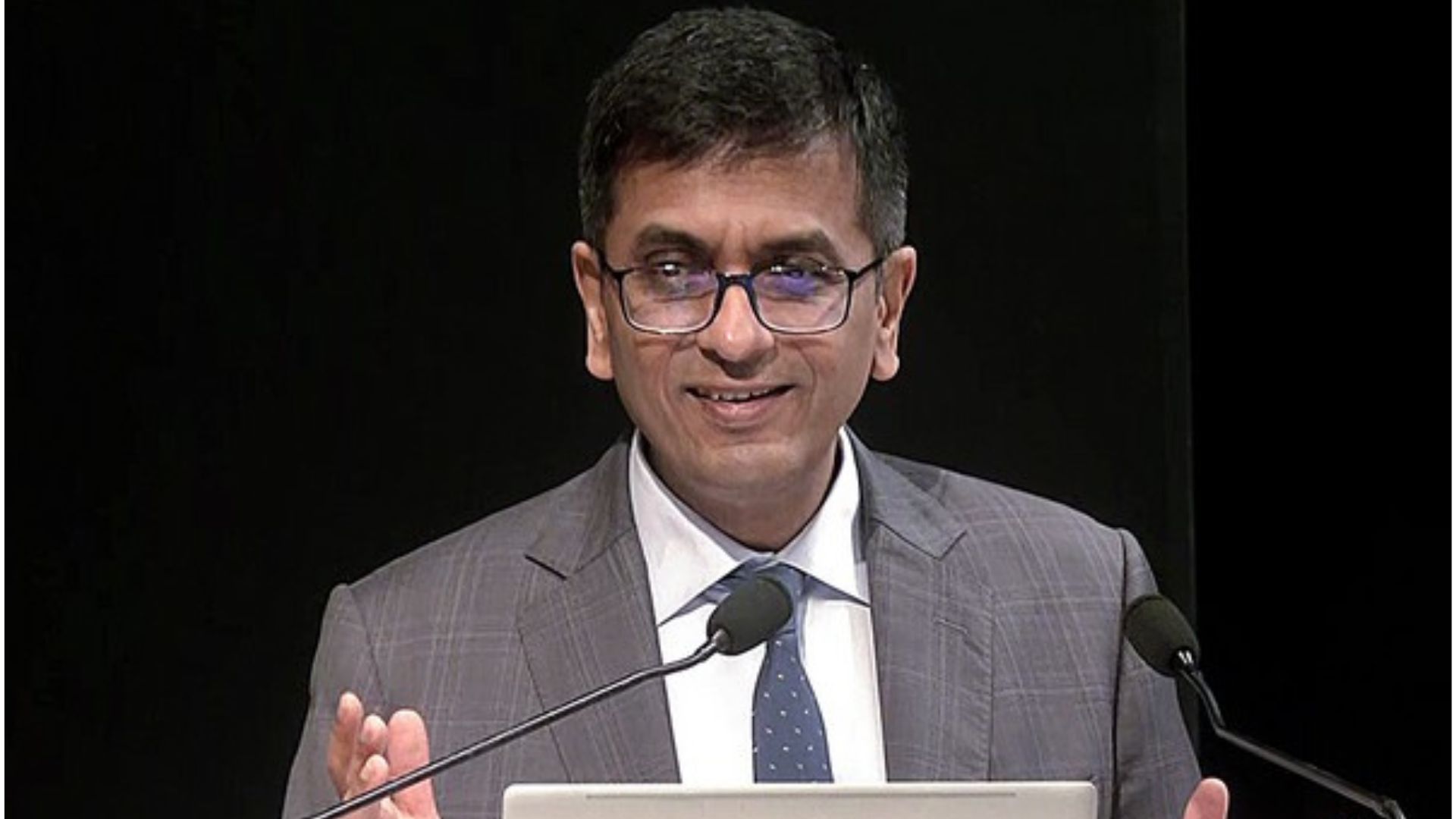At the inaugural Loksatta Annual Lecture in Mumbai, Chief Justice of India (CJI) DY Chandrachud highlighted the demanding nature of the judiciary’s workload, emphasizing that judges remain fully committed to their work even during vacations. Stressing the challenges, he noted, “Our judges are not gallivanting or goofing up… they are deeply committed to the work they do,”.
Judges Facing Intense Work Pressure
CJI Chandrachud underlined that judges often lack time to read or reflect on the law outside their regular work duties, unlike other professions where individuals typically have time to learn and analyze. He questioned, “Do we give our judges sufficient time to think or read about the law, or do you just want them to be merely a mechanical machine in the disposal of cases?”
With pending cases across lower courts, high courts, and the Supreme Court numbering in crores, he highlighted insufficient judges and infrastructural issues as primary factors contributing to these delays.
Addressing the judiciary’s collegium system, CJI Chandrachud asserted that while there is room for improvement, criticisms should not suggest any fundamental flaws in the system. The collegium, he explained, is a federal structure involving both the judiciary and government, allowing a “process of consultative dialogue” where consensus is reached through mature discussions.
“Every institution is capable of betterment, but the fact that there are areas for improvement should not lead us to conclude something is fundamentally wrong with it,” he said, adding that the judiciary has stood the test of time and plays a critical role in democratic governance.
Impact of Social Media on Judicial Discourse
CJI Chandrachud also addressed the influence of social media on judicial responsibilities, emphasizing the need for judges to exercise caution in their language. Despite the challenges, he praised social media as beneficial for society, enabling broad reach and accessibility to the public.
Chief Justice Chandrachud, who is set to retire on November 10, will be succeeded by Justice Sanjiv Khanna as the next Chief Justice of India.



















